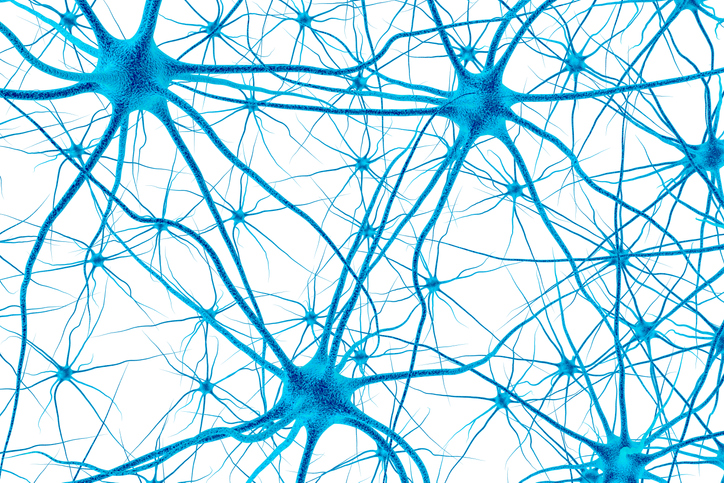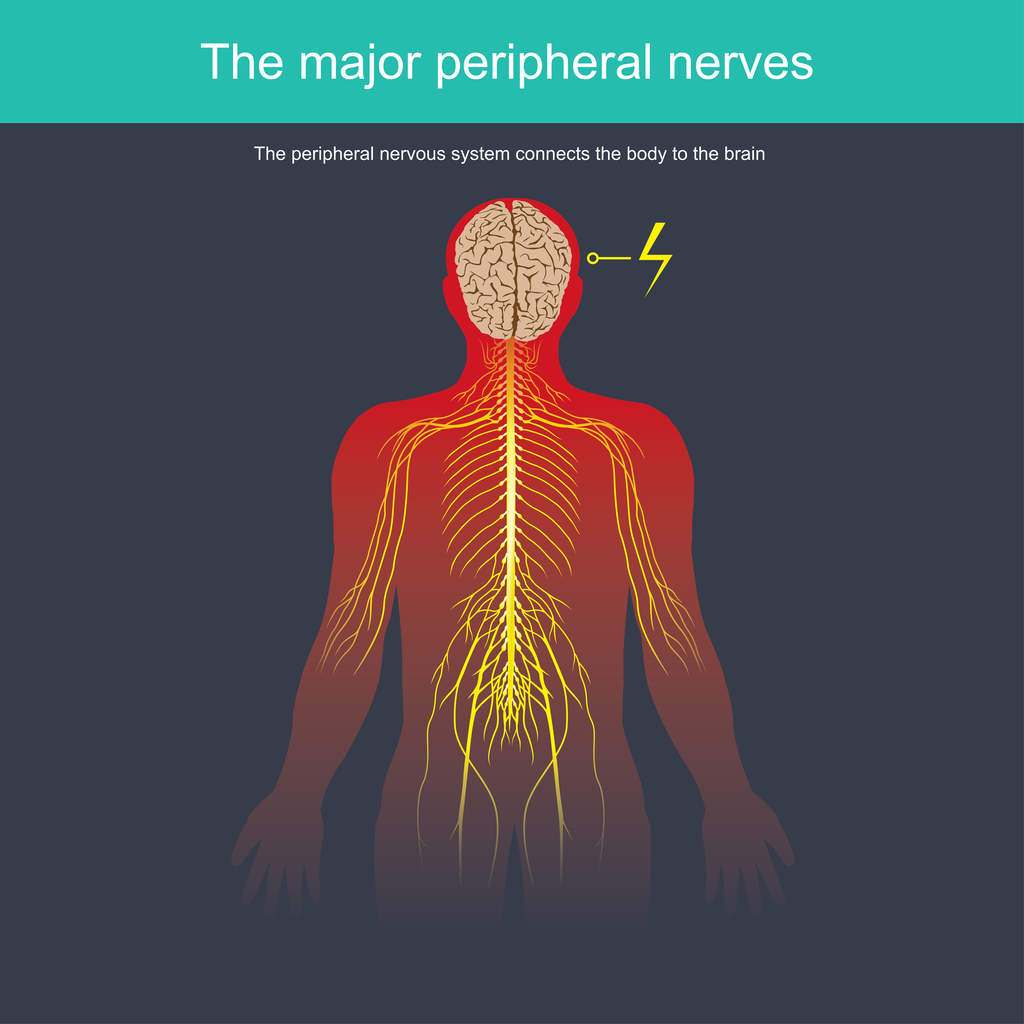Pain
Oxidative Stress and Antioxidant Agents as an Emerging Treatment for Neuropathic Pain

Oxidative stress and antioxidant agents
Oxidative stress is a condition that occurs due to an imbalance between free radicals (reactive oxygen species) and antioxidant activity in the body. Free radicals help fight off infections when they work properly. However, they can cause damage if unbalanced, which can lead to several diseases.
Oxidative stress reduces blood flow and neuronal function, which contributes to neuropathic pain. Therefore, lowering oxidative stress may decrease nerve damage and related pain. Antioxidant agents, such as alpha lipoic acid and thioctic acid, could help prevent oxidative stress by balancing free radicals and antioxidant activity.
Outcomes
Studies involving rats have shown that thioctic acid reduces oxidative stress levels involved in neuropathic pain. The results were similar to those found when studying the effects of the neuropathic pain medication, pregabalin.
Thioctic acid was also tested in a small group of humans with neuropathic pain. Results were promising and showed significant improvement in levels of pain. Thioctic acid is also shown to be safe, with the majority of individuals experiencing no side effects.
Takeaway
While additional research and studies are needed, antioxidant agents, such as thioctic acid, are a promising treatment option for the maintenance or restoration of nerve function, as well as reduction in pain. This option may be particularly beneficial for individuals who have not responded well or cannot take other medications currently used to treat neuropathic pain.
















